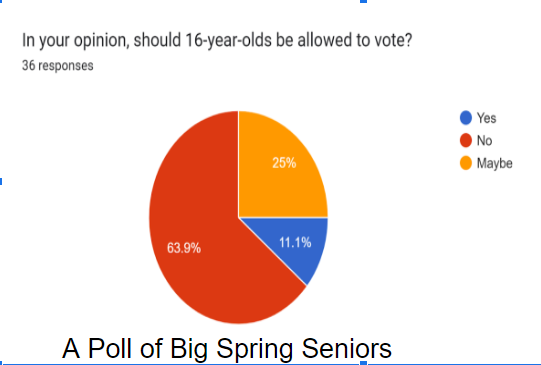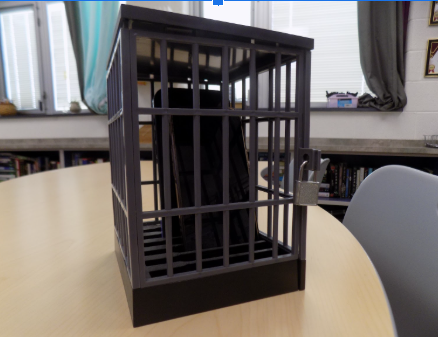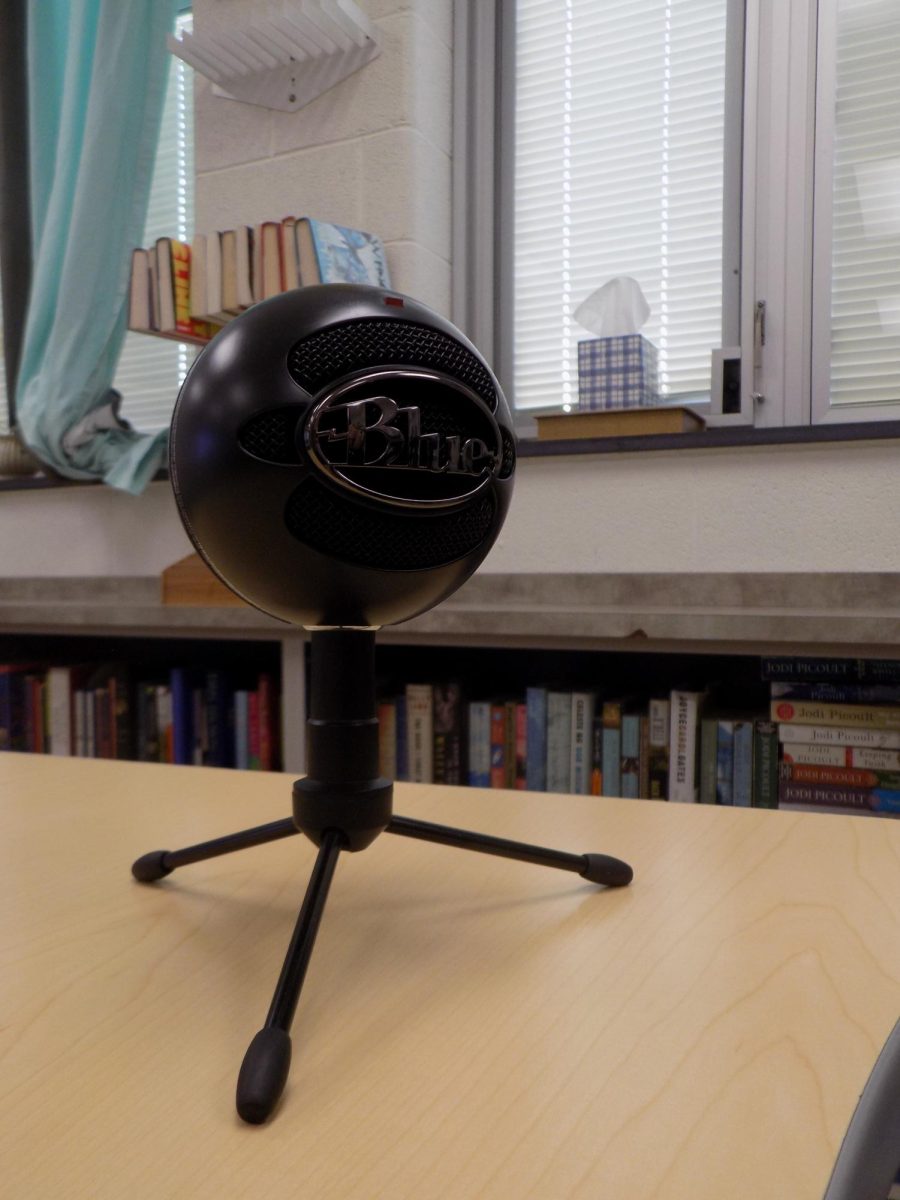As the year 2024 approaches, so do the Pennsylvania general, as well as United States Presidential elections. For Americans, voting is one of the most basic rights presented in the Constitution- for Americans 18 and older. There has been much debate regarding the credibility of a 16-year-old voter, and whether or not they should be granted the right to participate in selecting leaders. Some believe that younger Americans would be reliable, developing a good habit as well as having a say in the society around them. Others argue that younger teens would be influenced too heavily by people around them, and not place legitimate ballots.
Supporters of 16-year-old voting confer that allowing teens to vote at this age establishes healthy habits. If students begin voting while they are still partially supported in their lives, they will be more likely to vote in the future. If delayed till 18, some may find themselves too busy to engage in an unfamiliar process. This can be compared to children being taught to read. If a child is not exposed to reading at a young age, then they will be much more likely to disregard the activity in the future. If teens wait till they are caught up in the adult world, they have the potential to be less motivated to place their vote. An extra two years will add experience and ensure a better chance of future voting. It can also be reasoned that people who hold a job should have the right to vote. Many younger teens work during high school, and could face real-world problems. These problems are discussed and addressed by political powers. It comes down to the idea that a person who actively contributes to society should have a say in its fate. At least nine of the world’s countries would agree with this, as their systems allow for 16-year-old voters. Although these are valid arguments, others disagree.
Those who support keeping the age limit where it stands reason that adults would take advantage of young voters. For instance, a political candidate could play specifically to the interest of the teens who have the potential of voting for them. Manipulation would become an even larger issue, and there wouldn’t be a clear cut line of truth. The new group of voters would also be accustomed to the political opinions circulating in their own households. They may not have the experience at such a young age to form their own political opinions, compared to simply adopting their parent’s ideologies. Peer pressure could drive teens to vote one way or another, and non-credible sources of information could play too large a role. A more severe situation would be a parent who forces their teen to vote one way or the other. An 18-year-old adult would be less susceptible to these issues. Instead of viewing the influence of the environment, one can focus on the 16-year-old themselves. It is a fact that human brains do not mature until adulthood. The decision-making part specifically does not develop till one’s mid to late 20s. Because of this, the reliability of the votes cast by a younger population may not reach a high enough standard.
It is a problem that approximately half of Americans capable of casting a ballot were registered to vote in 2022. By lowering the voting age, a new group of voters will have the potential to have a say in the world around them. Local elections, perhaps, would be the best solution; allowing teens an introduction to the electoral system without exposing them completely. To prevent political ignorance, a more in depth government class should be required at the high school level. Above all, it is important to remember that a large sum of people are going into the polls blindly, without a clue of how the system works- 18 and 50- year-olds alike.




